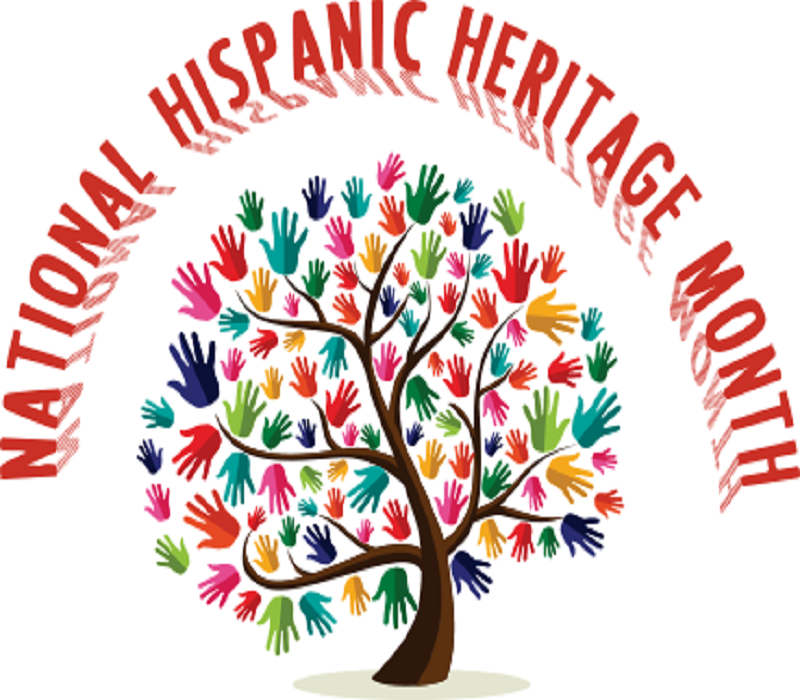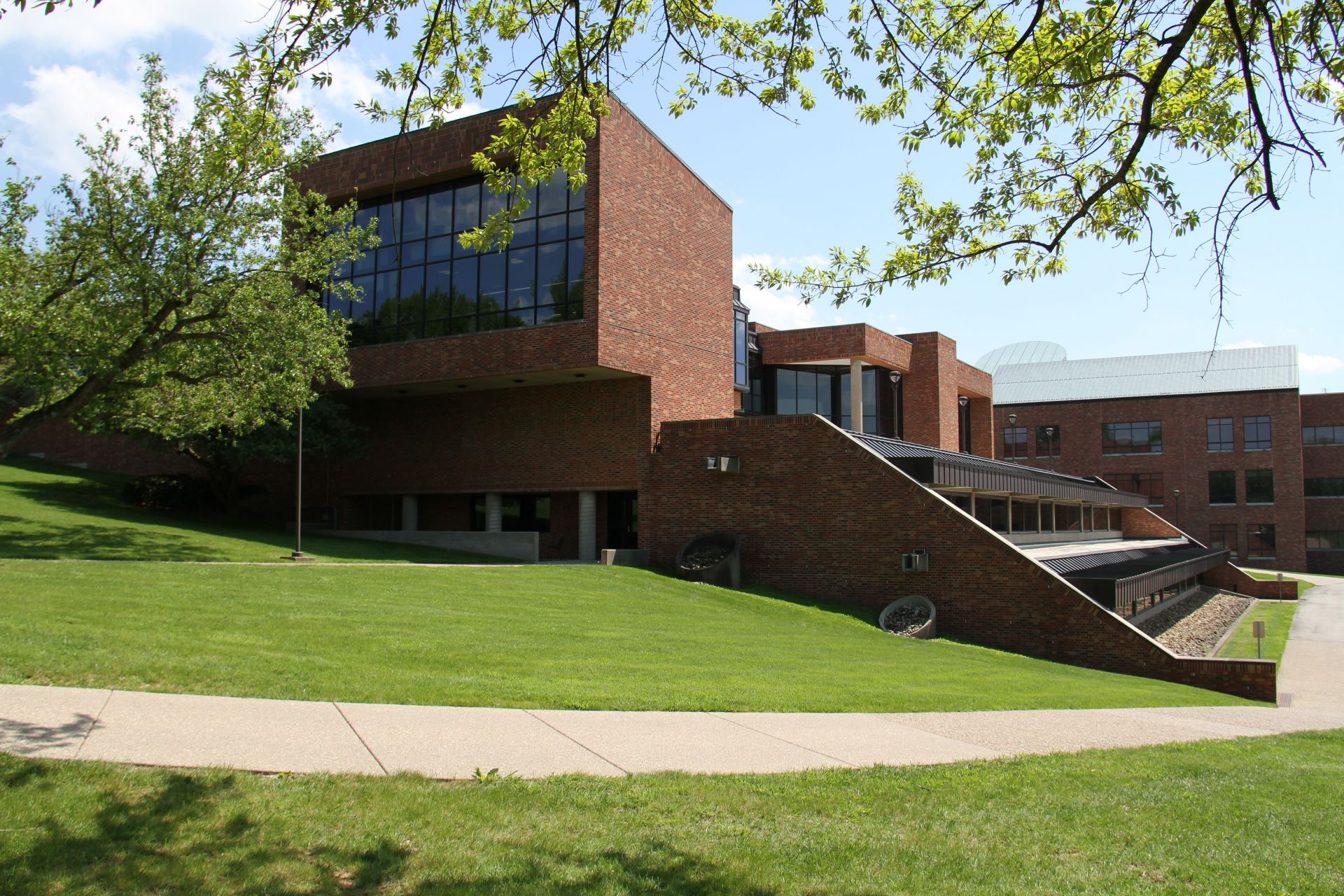CULTURAL DIVERSITY
Celebrating National HispanicHeritage Month

“Knowledge is power and has the ability to transform worldviews and shatter preconceived notions about other groups,” Ortiz said. “Attending these events can help students become better global citizens.”

In September and October, students and faculty of IU Southeast’s School of Social Sciences celebrate National Hispanic Heritage Month, by running programs about the cultures and contributions of Hispanic and Latinx people from the United States and across the Americas.
Established in 1968 by President Lyndon Johnson, the observations run from September 15th – the Independence Day for a number of Latin American countries – to October 15th. Although originally intended to honor the legacy of Mexican-Americans, the month has since broadened to be inclusive of all Hispanic and Latinx people.
Dr. Quinn Dauer, a professor of history and the program’s chief organizer at IU Southeast, stated that the program’s main purpose was not only to raise awareness of the contributions of Hispanics and Latinx to the United States, but to increase understanding about the multitude of cultures existing south of the Rio Grande. Dauer’s status as a specialist on Latin American history gives him a unique perspective. The event at which he spoke, “America Invertida: A Reorientation of U.S. and Latin American History,” emphasized the need to create an American identity that is representative of the United States’ diverse cultural and geographic history. Dauer stated that re-shaping our national identity to include the important contributions of Hispanics and Latinx people will give Americans a greater awareness across all the Americas, which is critical in our increasingly interconnected global society.
Criminal justice and criminology professor Dr. Jennifer Ortiz was another participant in the 2018 program. The Criminal Justice Student’s Association (CJSA), of which Ortiz is the faculty advisor, held a viewing of the film Documented: A Film by an Undocumented American, followed by a student discussion on immigration and documentation. Ortiz, who is of Puerto Rican descent, gave a presentation on Puerto Rican music, food, and traditions. The goal for the criminal justice department’s involvement in the program was related to an ongoing shift in the department’s focus from the traditional “cops, courts, and corrections” view to one that is more centered on social justice.
Both events emphasize the need for cultural competency and responsiveness in our country. “Knowledge is power and has the ability to transform worldviews and shatter preconceived notions about other groups,” Ortiz said. “Attending these events can help students become better global citizens.”
Since Hispanic and Latinx people represent an ever-growing percentage of the U.S. population, cultural competency is increasingly important. With 52 million native and multilingual Spanish-speakers, the United States is the second-largest hispanophone country in the world after Mexico, according to the Instituto Cervantes, the nonprofit founded by the Spanish government to promote the Spanish language and to contribute to the advancement of the cultures of all Spanish speaking countries and communities. That population is expected to grow to 138 million by 2050, by which time the U.S. will boast the world’s largest number of Spanish-speakers. The Louisville Metro Area itself is home to a significant number of people with Hispanic and Latinx roots, as well as a growing population of recent immigrants from Mexico, Central America, Cuba, Brazil and elsewhere.
By showcasing cutting-edge research by IU Southeast art historians, sociologists, criminologists, historians, and political scientists, the program also underscores IU Southeast’s wealth of faculty expertise in areas of interest not only to students of Hispanic culture but to the community at large.
“This program is a perfect way of exposing students to the diversity that a college experience should bring,” said Dauer.
— Steven Krolak and Christian Thomas